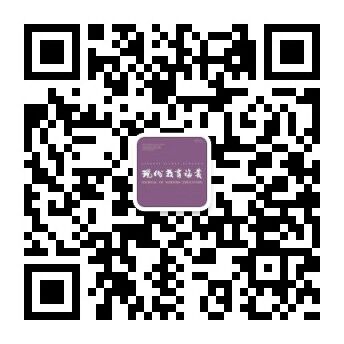2020 No. 4
Display Method:
2020, (4): 2-16.
Abstract:
2020, (4): 17-24.
Abstract:
2020, (4): 25-32.
Abstract:
2020, (4): 33-43.
Abstract:
2020, (4): 44-50.
Abstract:
2020, (4): 51-58.
Abstract:
2020, (4): 59-68.
Abstract:
2020, (4): 69-77.
Abstract:
2020, (4): 78-84.
Abstract:
2020, (4): 85-93.
Abstract:







